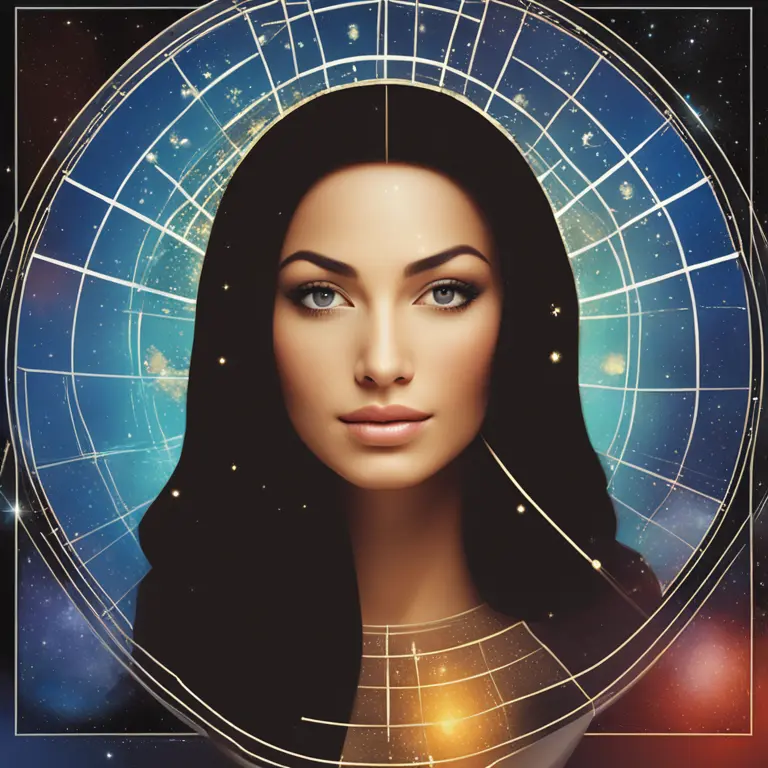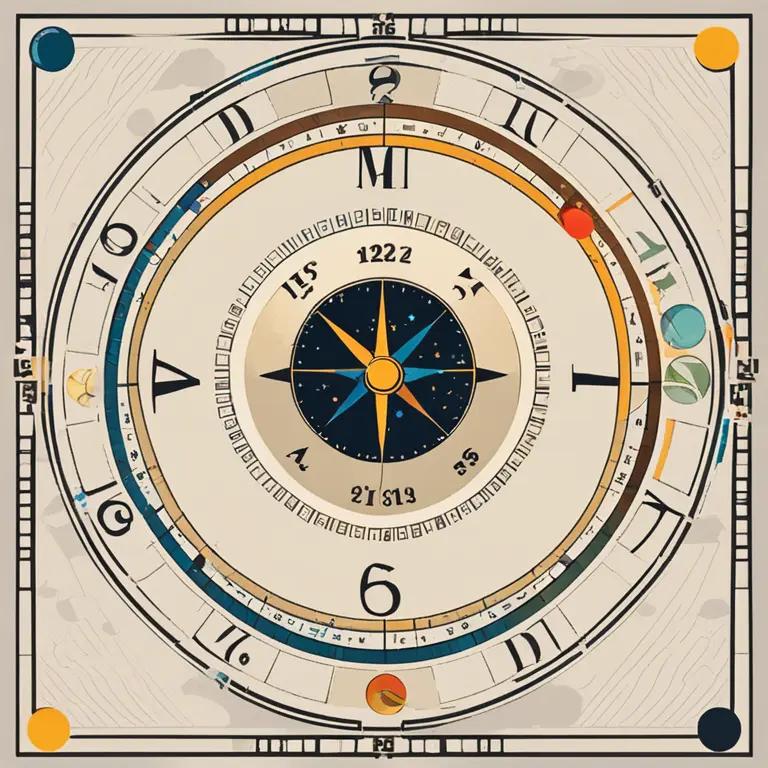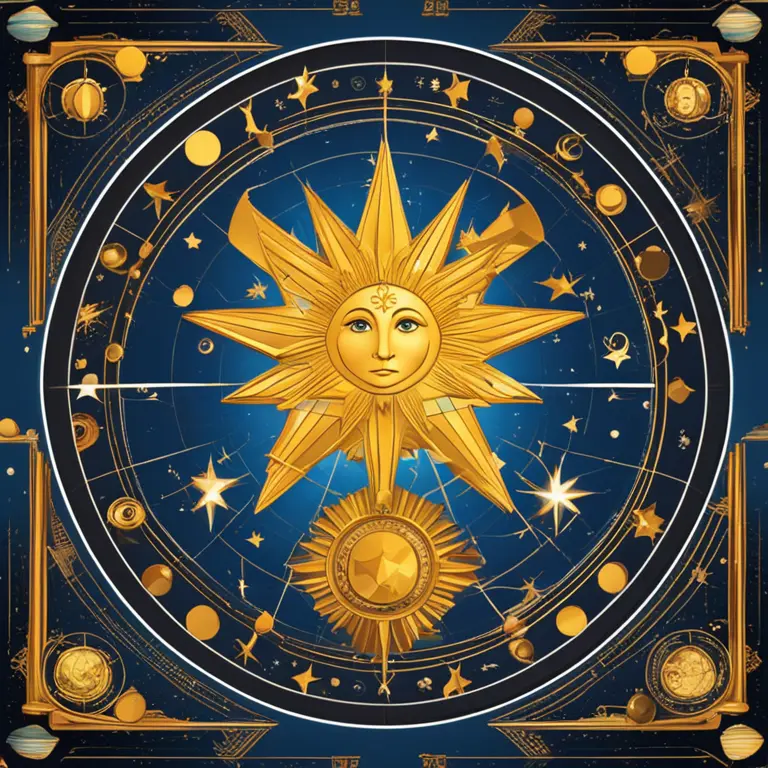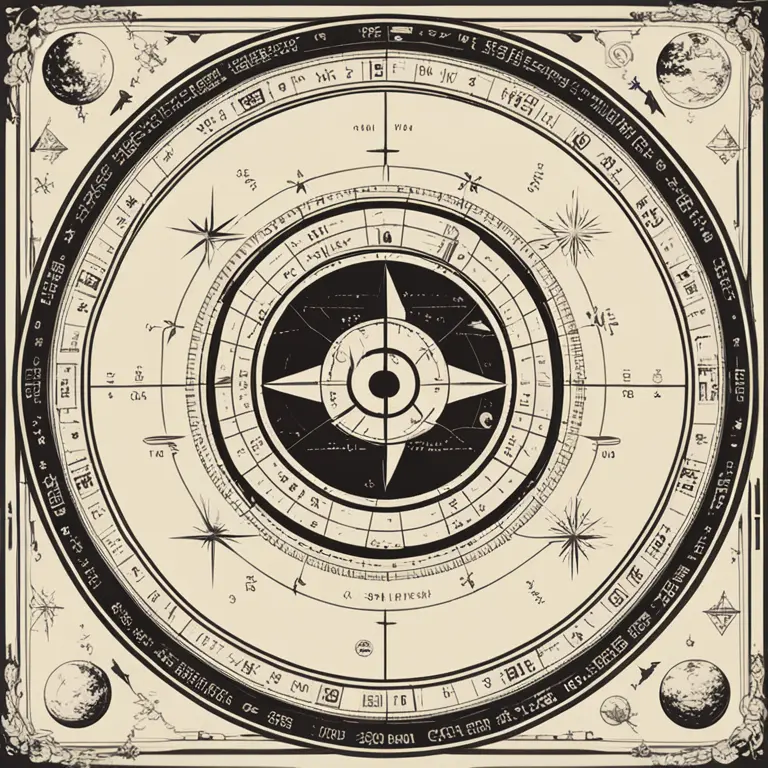
The Case Against Astrology: A Logical Standpoint
Exploring the reasons why many consider astrology to be without scientific merit and how it does not hold up to rational scrutiny.
article by Priya Deshmukh
Introduction to a Skeptical View
In a world where science and technology are advancing at unprecedented rates, astrology remains a topic of fascination for many. However, it's imperative to differentiate between intriguing notions and scientifically vetifiable facts. Astrology, the belief that celestial bodies have a direct influence on human behavior and life events, has been scrutinized and largely dismissed by the scientific community. This article delves into why astrology is often branded as nonsensical from a rational perspective, despite its popularity and ancient roots.

The Fault in Our Stars
Astrology's primary flaw lies in its foundational principles, which have shown no consistent correlation with empirical evidence. While astronomy—the scientific study of celestial objects—is a recognized field backed by research and data, astrology's methods lack the rigorous testing inherent to scientific inquiry. The prediction of one's personality or future based on their birth chart—an astrological map of where the planets were at the time of birth—does not conform to evidence-based practices and remains a pseudoscience.

Science's Stance on Prediction
Science thrives on predictability and repeatability. The ability to replicate an experiment under the same conditions and achieve the same results is a cornerstone of scientific validation. Astrology, however, fails at this very tenet, as it neither produces consistent results nor survives the scrutiny of controlled conditions. When put to the test, the predictions and generalizations of astrology do not demonstrate the reliability expected of a genuine scientific field.

The Forer Effect: A Psychological Explanation
A compelling reason why astrology remains appealing is the Forer effect, named after psychologist Bertram R. Forer. This phenomenon refers to the tendency of individuals to find vague, general statements as highly accurate for them personally. Many astrological interpretations are broad enough to resonate with anyone, a factor which can misleadingly validate astrology. The Forer effect illustrates that the individual's belief in the accuracy of astrological readings can often be attributed to psychological biases rather than empirical data.

Confirmation Bias at Play
Another cognitive bias that bolsters belief in astrology is confirmation bias, the tendency to seek, interpret, favor, and recall information in a way that confirms one’s preexisting beliefs. Astrology enthusiasts might remember the times when predictions seemed accurate and conveniently forget the misses. This selective recall can perpetuate the notion that astrology has predictive power when, in reality, it is the bias that influences the belief system.
Evolving Cosmos, Unchanged Astrology
As we continue to discover more about the universe, it becomes evident that astrology does not evolve with our expanding knowledge. Modern astronomy has shown us that the universe is in constant flux, with celestial dynamics far more complex than those proposed by astrological frameworks. Additionally, the inclusion of newly discovered celestial bodies is often ignored by astrology, and there has been no substantial revision of astrological tenets despite advancements in understanding the cosmos.
Conclusion: A Call for Rational Thought
Astrology's persistent popularity does little to substantiate its claims from a rational perspective. In an era where critical thinking and empirical evidence are paramount, astrology falls short of the rigorous standards set by scientific inquiry. While it may serve as a cultural artifact or a source of entertainment for some, classifying it alongside scientifically supported disciplines is misleading. As individuals and as a society, we must continue to champion critical thinking and rely on methods that withstand the test of empiricism.
Published: 2/13/2024
Modified: 2/13/2024
More predictions
Come back here soon to learn more about yourself and your future


The Moon Tarot Card: Insights and Meanings
Delve into the profound symbolism and astrological implications of the Moon Tarot card for guidance and personal reflection.


The Tarot Card Deck: A Gateway to Mystical Insights
Discover the tarot deck's rich symbolism and its role in personal growth and foresight. An insightful guide to the power of tarot cards.


The Tarot Queen of Cups: A Sign of Compassion and Insight
Delve into the symbolism and significance of the Queen of Cups in Tarot, uncovering her nurturing essence and intuitive power in divination.